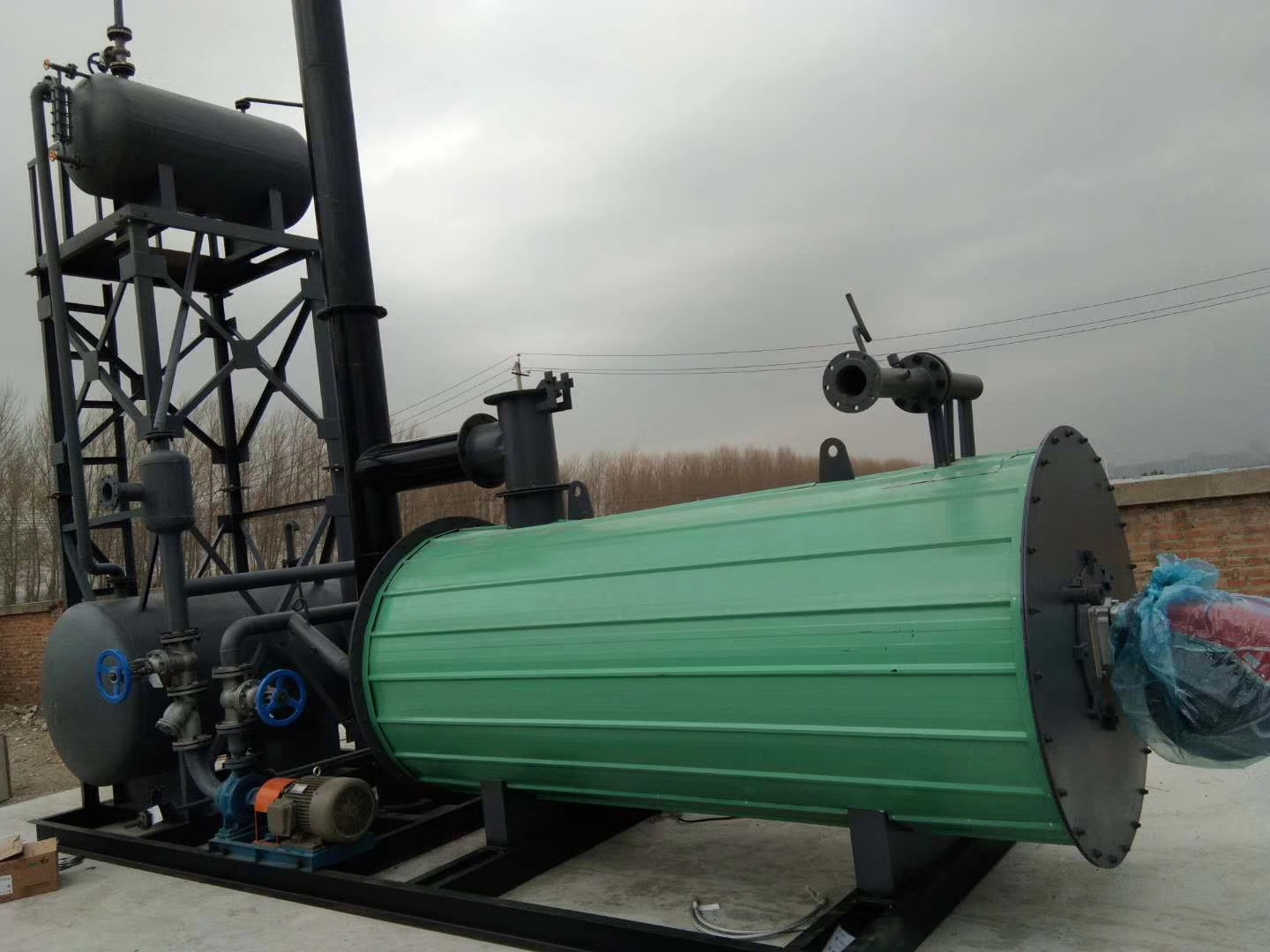condensing hot water boiler service
Understanding Condensing Hot Water Boiler Service
Condensing hot water boilers are an efficient and environmentally friendly option for heating systems in both residential and commercial settings. Unlike traditional boilers, which release a significant amount of heat through the flue gases, condensing boilers are designed to recover and reuse this latent heat. This not only enhances efficiency but also reduces energy costs and minimizes carbon emissions. However, like any other heating system, they require regular service and maintenance to ensure optimal performance.
The Importance of Regular Servicing
Regular servicing of condensing hot water boilers is crucial for several reasons. First and foremost, it ensures safety. A well-maintained boiler is less likely to experience malfunctions that could lead to gas leaks or carbon monoxide exposure, both of which pose serious health risks. Additionally, routine checks help identify potential issues before they escalate, preventing costly repairs down the line.
Efficiency is another critical factor. Over time, boilers can accumulate dirt and debris, which can hinder performance. A proper service will include cleaning essential components such as heat exchangers and flue systems to maintain efficiency. An efficient boiler not only saves money but also extends the lifespan of the equipment, providing a better return on investment.
What Does a Typical Service Involve?
A comprehensive service for condensing hot water boilers typically includes several key steps.
1. Inspection The technician will start by inspecting the boiler for any visible signs of wear and tear. This includes checking the pressure and temperature gauges to ensure they are functioning correctly.
condensing hot water boiler service

2. Cleaning Cleaning the heat exchanger, burner, and other critical components is vital for maintaining efficiency. Any buildup of soot or debris can impede heat transfer and lead to increased energy consumption.
3. Checking Seals and Connections Ensuring that all seals and connections are tight and free from corrosion is essential. Leaks can not only waste energy but also lead to dangerous situations if gas is involved.
4. Testing Safety Features The safety features of the boiler, such as emergency shut-off valves and pressure relief valves, will be tested to confirm they are operational. This step is crucial for the safe operation of the boiler.
5. Ventilation Assessment Proper ventilation is necessary for the safe operation of any boiler. The technician will check that vents are clear and functioning correctly to prevent carbon monoxide buildup.
6. Final Report After completing the service, the technician will provide a report detailing what was done, any issues discovered, and recommendations for any necessary repairs or further maintenance.
Conclusion
In conclusion, regular servicing of condensing hot water boilers should not be overlooked. It is essential for achieving maximum efficiency, ensuring safety, and extending the life of the system. Homeowners and business operators should schedule maintenance at least once a year, ideally before the heating season begins, to guarantee their boiler operates smoothly when needed most. By prioritizing service, one can enjoy the many benefits of an efficient heating system while also contributing to a greener environment.
-
High-Efficiency House Hot Water Boiler Supplier & Factory Reliable House Hot Water Boiler Product SolutionsNewsJul.04,2025
-
Top Boiler Dealer & Supplier Quality Boiler Dealer Products from Factory DirectNewsJul.04,2025
-
High-Efficiency Waste Heat Recovery Boiler Expert Service & QuotesNewsJul.04,2025
-
Top Industrial Boiler Contractors Supplier & Factory Quality Products & ServicesNewsJun.10,2025
-
Panasonic Hot Water Boiler - Reliable & Energy Efficient Heating SolutionNewsJun.10,2025
-
Pennco Steam Boilers High-Efficiency & Durable SolutionsNewsJun.10,2025

